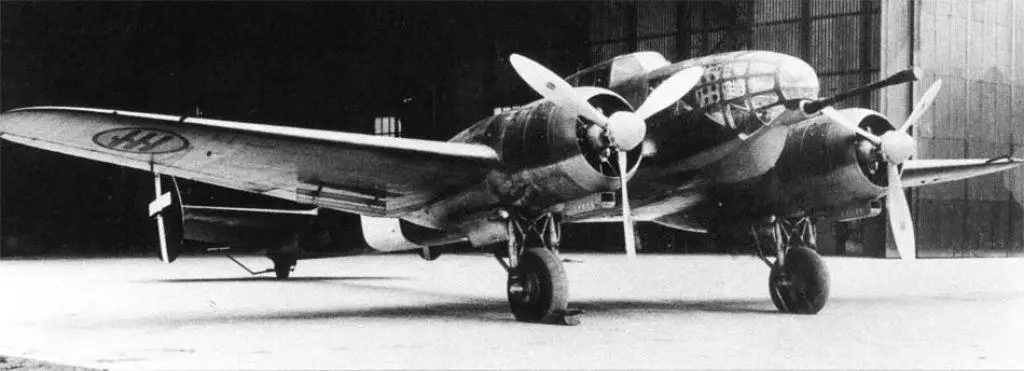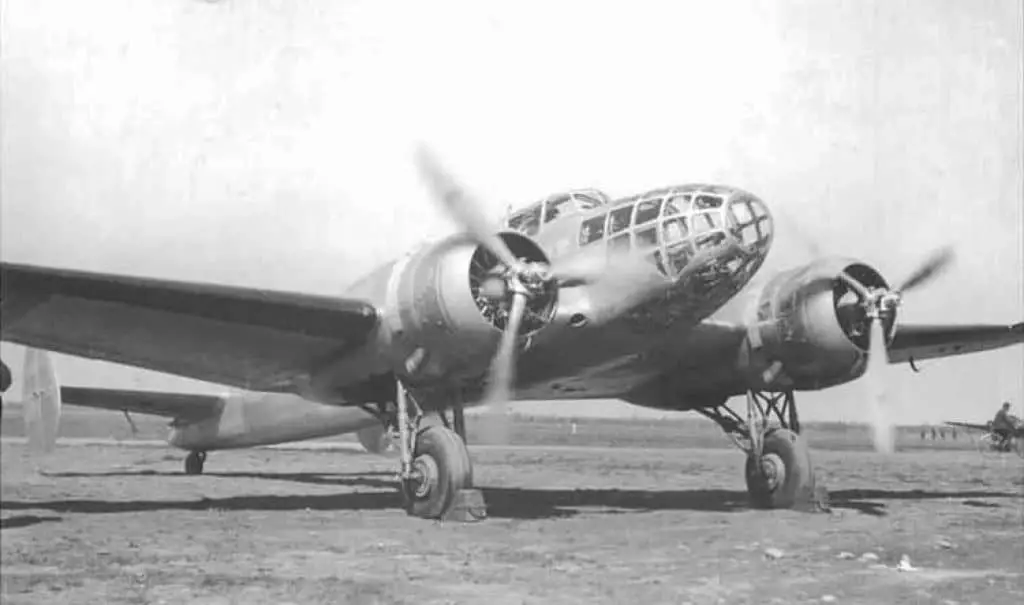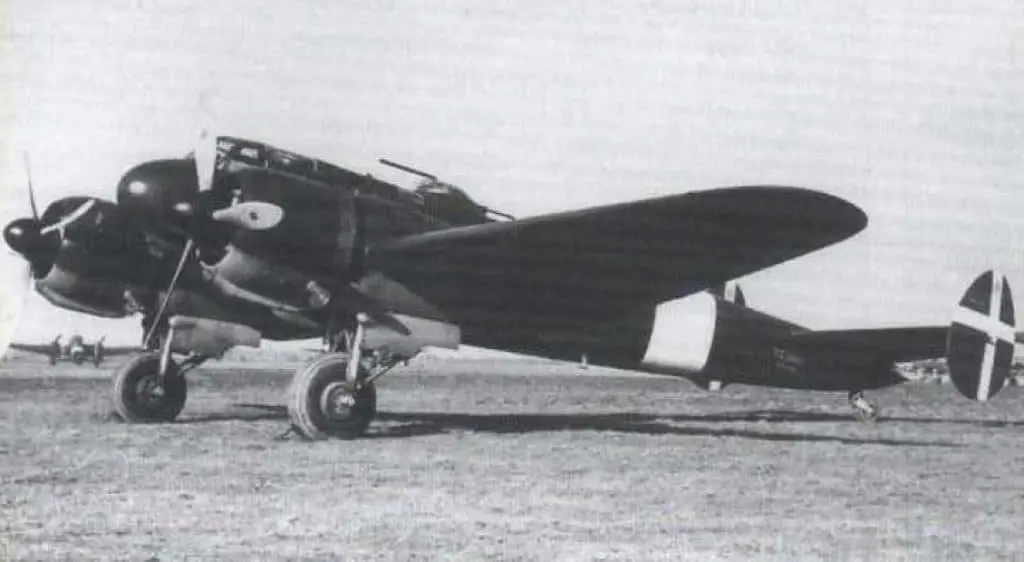Background on the CANSA FC.20
The CANSA FC.20 is a reconnaissance and tactical bomber first designed by Giacomo Mosso. Designed at the end of 1940 by Costruzioni Aeronautiche Novaresi SA (CANSA), a subsidiary company of Fiat, the FC.20 was a medium- winged, all-metal monoplane. It had two reliable, but modest 9 Fiat A74 RC38 engines that produced 840 hp. It is the same engine mounted on the highly agile Fiat CR42biplane fighter. The first flight of the FC.20 took place in Cameri, Novara, Piedmont on April 12, 1941. It’ became operational in December 1942 on Italian territory.
Cansa designed the FC.20 as reconnoiter but then transformed it into a ground attack bomber. It did not succeed in performing any of the tasks for which it was conceived for by Fiat’s engineers. This aircraft has a beautiful design but hampered with limited maneuverability, unsteadiness in flight, and weak engine performance
The reconnaissance version was characterized by the glass nose, while the ground attack version was armed with a 37 mm gun and three 12.7 mm machine guns. The ground attack version also had a closed and strengthened nose. The results of both models were very disappointing and the production was stopped in 1941. Up to ten units were made.
Variants of the CANSA FC.20
There were four variants constructed and the main difference between the four is the nose cone and engine.
[wpsm_list type=”bullet”]
- FC.20
- FC.20bis – Contained a shorter nose and a dorsal turret.
- FC.20ter – which used Fiat A.80 RC.41 engines producing 1000 hp each.
- FC.20quater – Included a 20mm Mauser MG installed in the nose and Daimler-Benz DB.601 engine.
[/wpsm_list]
Specifications
| Specifications | CANSA FC.20 |
|---|---|
| Powerplant | Fiat A.74 RC. 38 |
| Horsepower | 840 hp |
| Max Speed | 260 mph or 420 kph at 4.500 m |
| Weight | 4,770 kg (empty) and 6,820 kg (full) |
| Range | 1,150 km |
| Ceiling | 7,350 m |
| Crew | Two or three |
| Bomb Load | 252 kg of Fragmentation Bombs |
| Armament | 1/37 mm (fore), 2/12.7 Breda Safat (wings), 1/12.7 (dorsal) gun machines |
Contributor: Alberto Rosseli.



